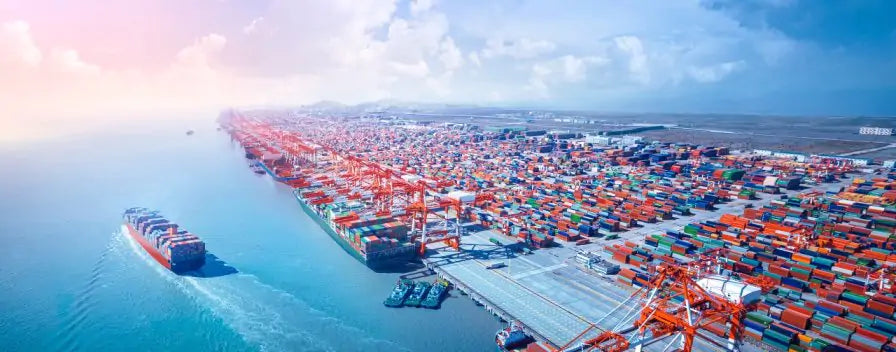OR
Express Checkout

China’s Plastic Ban Has Thrown Global Recycling into Turmoil
China’s ban on plastic imports has caused turmoil for global recycling. The nation previously took in most of the scrap plastic from around the world, but last year issued a ban on foreign plastic imports, in a bid to protect its environment and air quality. Now some countries have no idea where to send their waste.
The problem of plastic in Malaysia
Plastic is now being sent in bulk to Southeast Asia, namely Malaysia, where plastic imports have tripled since 2016.
The huge influx of plastic has caused a problem in the country, where big piles of waste are just dumped out in the open. Processing plants now operate day and night, and pump out toxic fumes that residents say are impacting upon their health. Many of the plants were operating without permits, and residents complained, and 30 of the plants were closed down.

Landfill is not a viable solution
In Australia, Europe, and the US, recycling collectors have been desperately trying to find new places to send their waste. Recycling services on their home turf are often too expensive, and some firms have just ended up sending the waste to landfill. Though of course, this is not a permanent viable solution.
A year on, the Waste Management and Resource Recovery Association of Australia said that it was still looking for a more permanent solution to where to send recycling waste. Local authority recycling collection centres have sprung up in Adelaide, and instead of the waste being sent to China, it’s now mostly processed by local companies, and the remainder is sent to India. The local authority negotiates a fair price for processing with the local firms in return for giving them the business.
The recycling industry is ‘all but gone’ from some towns
Since the Chinese ban, imports of plastic into China have reduced from around 600,000 tonnes each month to around 30,000 tonnes. In some towns, the recycling industry has all but vanished, and many companies have relocated to Southeast Asia.
Malaysia, Thailand and Vietnam have introduced measures to set limits on plastic imports, but when this limit is exceeded, the waste is simply shipped to countries where there are no limits on imports, like Turkey and Indonesia. So it’s still bad news for the environment.
Campaigners from Greenpeace say that the only viable solution to dealing with plastic waste is for companies to produce less and consumers to use less.